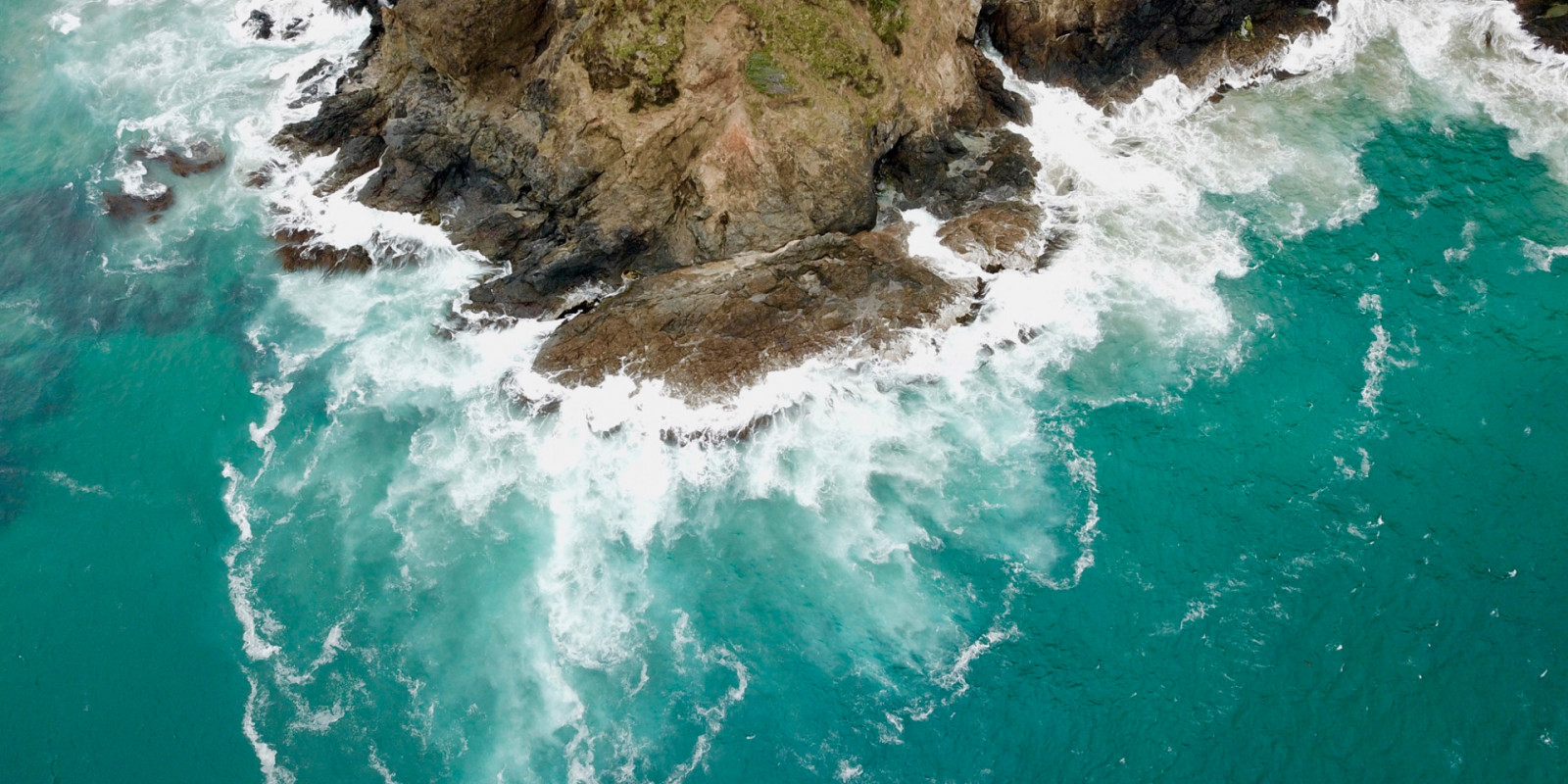- Academic publication
What does success look like? An indicative rubric to assess and guide the performance of marine participatory processes
E Le Heron, W Allen, R Le Heron, MJ Logie, B Glavovic, A Greenaway, D Hikuroa, KK Davies, and P Blackett (2021). Ecology and Society 26(1):29.
https://doi.org/10.5751/ES-12211-260129
Summary
Multistakeholder participatory processes are essential decision-making elements in contemporary contested marine spaces. Such processes have long time horizons, diverse interests, and complex objectives. Their complex and evolving nature make it difficult for participatory process proponents and participants to adequately plan their processes and to assess performance quality. We position the findings of this paper in the context of participation as place-based, long-term, emergent, and complex processes in Aotearoa New Zealand. We pose the question “what does success look like?” in marine participatory processes. We provide an indicative answer in the form of a rubric, which outlines key components for navigating participatory processes through ongoing formative evaluation. The relationship between criteria and phases of participatory processes is stressed as “success” challenges, and achievements are unlikely to be stable from phase to phase. The notion of “whose success” is critically reflected upon, as the politics and power of success discourses shape what might be considered success in any given context, marine space, or participatory process. We argue that self-defined, ongoing learning evaluation, where criteria are debated and created by participatory process users, contributes to an empowering notion of success. Success as seen in this way is not an externally imposed set of standards to achieve but cocreated by those involved to best meet their needs. In this way, metaphors of success can be recognized, negotiated, circulated, and institutionalized. The authors’ journey to developing the rubric helps unpack the key components of participatory processes and outlines its relationship to evaluation literature. Finally, we touch on the tension involved in creating a rubric for both practice and as a high-level discursive artifact.
Key words
Aotearoa New Zealand; contested marine spaces; decision making; formative evaluation; governance; participatory processes; rubric; success
[Open access]
